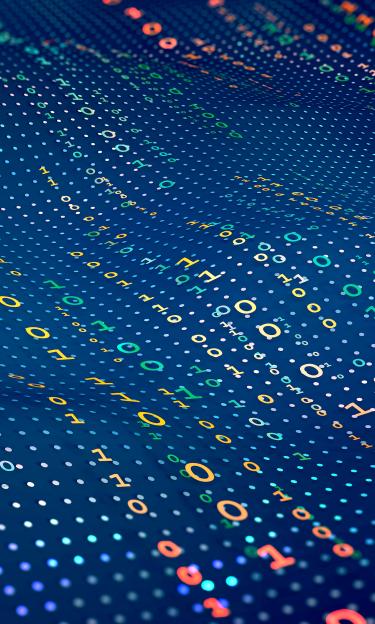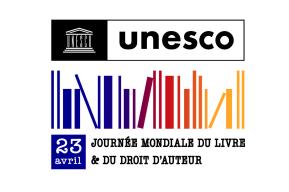Article
Global webinar strengthens dialogue on open AI and data in justice systems

The peer-to-peer discussion between judicial operators considered questions around the use of AI to aid legal research, digitalization and documentation of legal precedents and linguistic barriers to justice. The speakers underlined the importance of using open-source data sets and AI systems in applications for strengthening the accessibility and administration of justice.
Openness and transparency of AI applications build trust between developers and public actors.
Digital Transformation in the Judiciary
Digitalization efforts within courts enable automation of routine court tasks, improve information management and free the court staff to focus on non-mundane activities that require more in-depth work and creativity.
For instance, Brazil is the country with one of the world’s heaviest caseloads. They are presently using digital transformation in their Justice 4.0 program to become more efficient. In addition to aiding the legal staff, people who seek legal services in Brazil enjoy access to more legal service channels and better connectivity of court systems with the Judiciary’s Digital Platform (PDPJ) justice marketplace. Through the PDPJ, they can have access to court databases, such as the penal execution database and arrest warrant database, notification services and intelligent searches for information on cases.
The aim is to provide access to justice through the development of collaborative actions and projects that use new technologies and artificial intelligence.
Language and Access to Justice
Access to justice can also be strengthened by enhancing access to legal documents and legal assistance through quality translations in local languages. In the dialogue, examples from India and Tanzania demonstrated the potential of AI to increase accessibility to legal assistance. In India, the Bhashini platform enables short speech-to-speech translation, in legal contexts, for local Indian languages. The goal of this platform is real-time speech-to-speech translation. In Tanzania, the Sheria Kiganjan legal accessibility start-up provides Swahili explanations of English national laws. In addition, they provide free online legal education through bite-sized articles on local laws.
This webinar was organized within the framework of UNESCO’s Global Judges Initiative, which has trained over 23,000 judicial operators since 2014. In 2022, UNESCO launched an online course on AI and the Rule of Law, which has reached over 4300 judicial operators in 139 countries.









